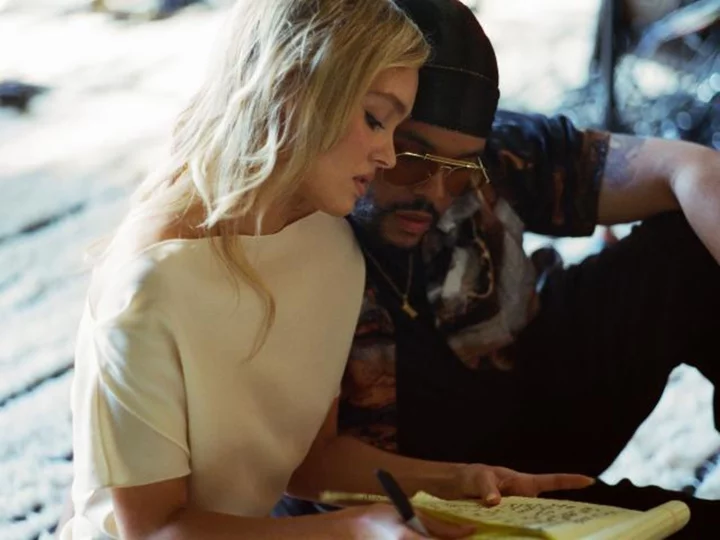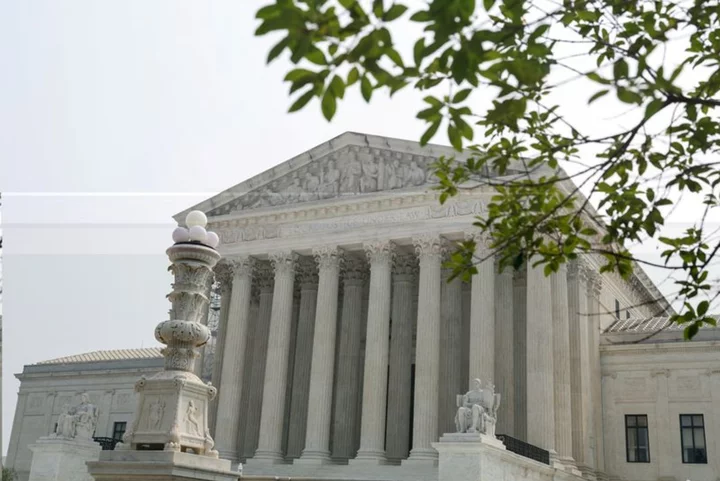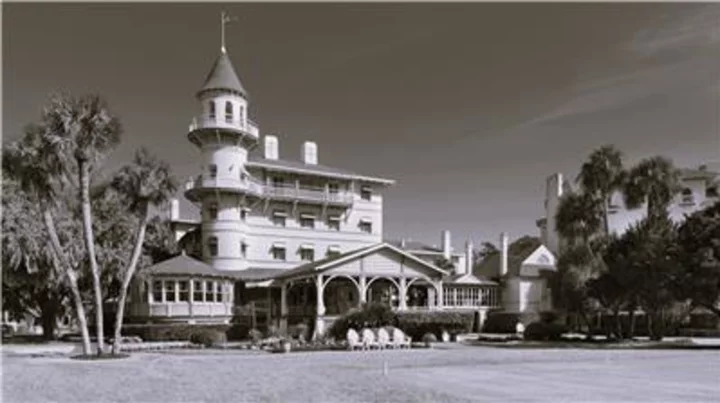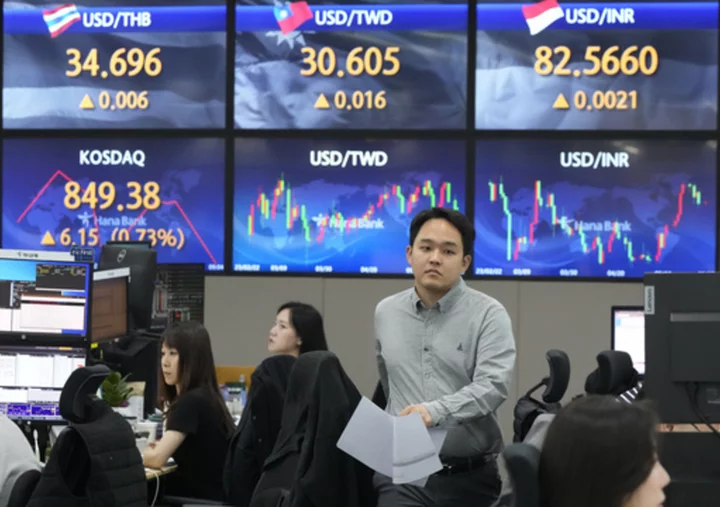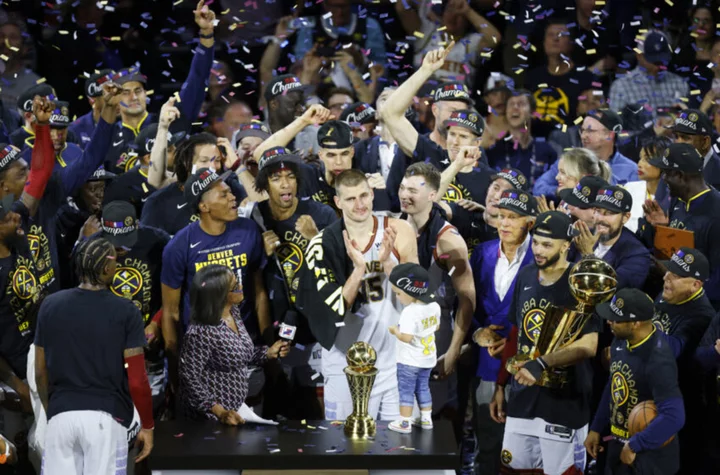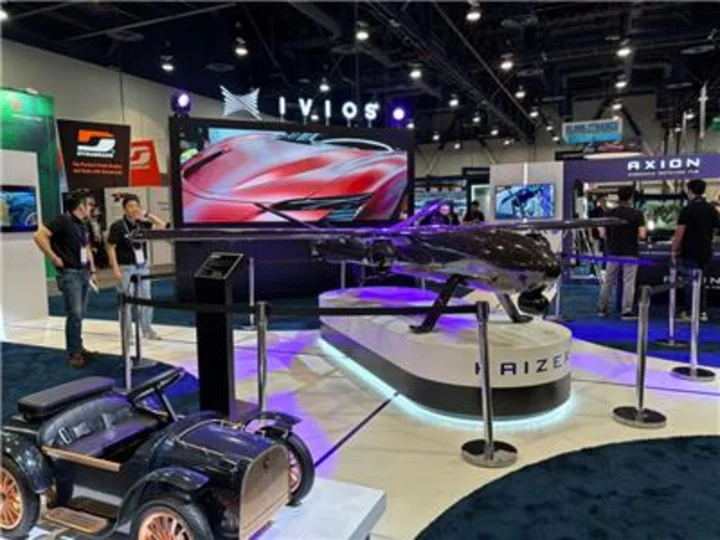"The Idol" presented a cautionary show-business tale, all right, just not the one that was intended about suffering for art or "All About Eve"-like scheming to get ahead; rather, the show serves as a warning about the dangers executives brave when they allow hot talent to run wild and free, only to watch them lay a giant egg that goes splat instead of a golden one.
In this case, the shiny object was the tantalizing pairing of "Euphoria" creator Sam Levinson and musical star Abel "The Weeknd" Tesfaye, producing an edgy, glamorous-looking series about a pop star, Jocelyn (Lily-Rose Depp), seduced by a shady hustler, Tedros (played by Tesfaye), and drawn into his sort-of cult.
In saying "yes" to the pitch, HBO (like CNN, a unit of Warner Bros. Discovery) bought the flash and sizzle, and wound up with a laughably bad "Showgirls" for our times, bringing its run of sterling dramatic successes (see "Succession," The White Lotus" and "The Last of Us") to a crashing and conspicuous halt.
In hindsight, the negative reaction to "The Idol" when it premiered at the Cannes Film Festival was overblown -- not because the show was better than advertised, but because it was such a conspicuous dud as to appear unworthy of all the condemnation festival critics had hurled at it.
Yes, the show bent over backwards (and occasionally forwards and sideways) to feel provocative, but its most salient flaw wasn't so much being offensive as simply boring, a quality that persisted over its five episodes.
What played out on screen seemed to support accounts, denied by those involved with its production, about the show being creatively troubled and chaotic behind the scenes, with Rolling Stone reporting the series had gone "off the rails."
That finale felt particularly incomprehensible, trying to paint Jocelyn as the master manipulator pulling the strings, but with a buildup that made little sense. If she was playing everyone to get what she wanted, the ruse seemed as strained and drawn out as the protracted audition sequence that kicked off the hour, which the tour producer Andrew Finkelstein (Eli Roth) dubbed "clown world," an observation that landed a little too close to home.
Of course, sweating the details of something like "The Idol" is probably as pointless as trying to source Hank Azaria's accent on the show. At a certain point, about all one can do is accept it for whatever it is and move on.
The real footnote here, though, might be regarding Levinson, who -- setting aside whether "Euphoria" deserves the level of media attention showered upon it -- has followed that with the underwhelming movie "Malcolm & Marie" and now this. Success in Hollywood can afford talent a great deal of latitude, but with encores this hollow, the blank checks should flow a little less freely.
HBO can write off "The Idol" as an experiment in creative freedom that didn't pay off, which happens all the time. There are lessons associated with that, to be sure, but none more enduring, in show-business terms, than the one about worshiping false idols.

